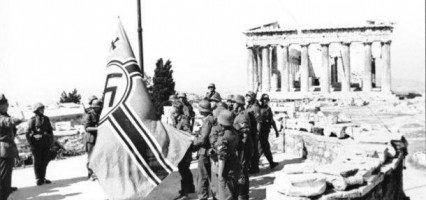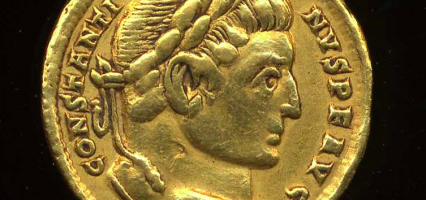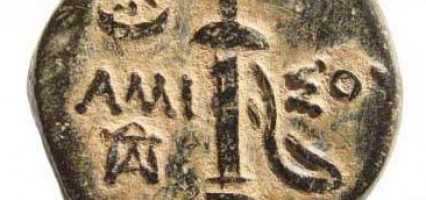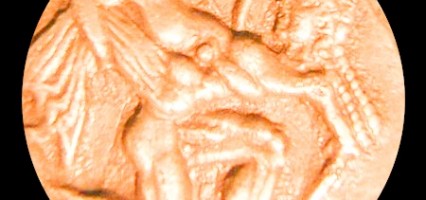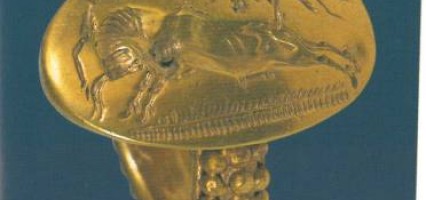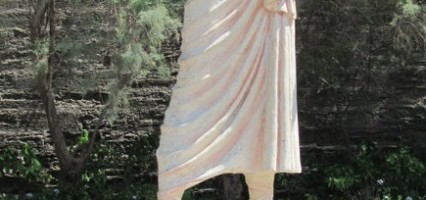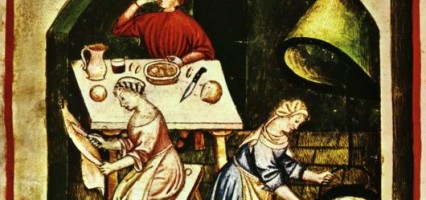Greek pride and national sovereignty
This is the first time in many years that I am proud to be Greek. Last week, my people voted for an anti-austerity party that promised to restructure the welfare state in Greece. Syriza seemingly belongs to the radical left wing. In fact it is conglomeration of left and centre political parties that have one common denominator: they despise the Troika and its economic measures that impoverished the people. Yesterday, the minister of finance, Varoufakis, made it clear that the new government will... »

